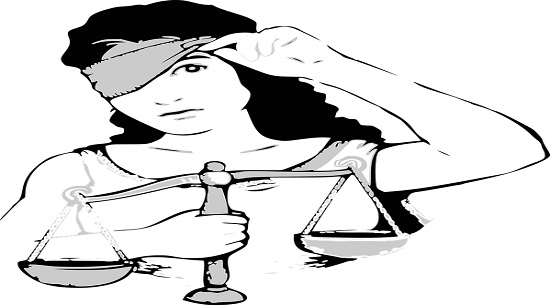DV Act – Proprietary rights Vs Women’s Rights as part of Human Rights
By the order dated 2410.2024 under Sections 18 and 19(1)(b) of the DV Act, the husband and his family members are restrained from causing domestic violence to the wife and minor daughter. The husband is directed to shift to alternate accommodation till disposal of main petition.
The definitions of aggrieved person, domestic relationship and shared household in section 2 of the DV Act show that the “aggrieved person” is a woman and not husband. Thus, the definition of shared household is required to be understood in the context of the definition of the aggrieved person.
It is the aggrieved person as specified in Section 12 can apply to a Magistrate seeking one or more reliefs under the DV Act.
There is no place for proprietary rights under the DV Act. The Act is an extension of the deeper and profounder principle of Women’s Rights as a part of Human Rights. The matrimonial home or the shared household of a person does not require it to be owned or co-owned by the person who has been violated.
It is the household in which the victim and the violator may be having rights, singly or jointly. Consequently, they may or may not have title to the property and hence, the victim can apply for a residence order to the Court in respect of shared household, which includes their matrimonial home, whether or not she has any right, title or beneficial interest therein.
Judgment dated 25.3.2025 of the High Court of Bombay in Criminal Writ Petition No.502 of 2025 of Vicky Manoj Shah Vs. Kanal Vicky Shah and another




